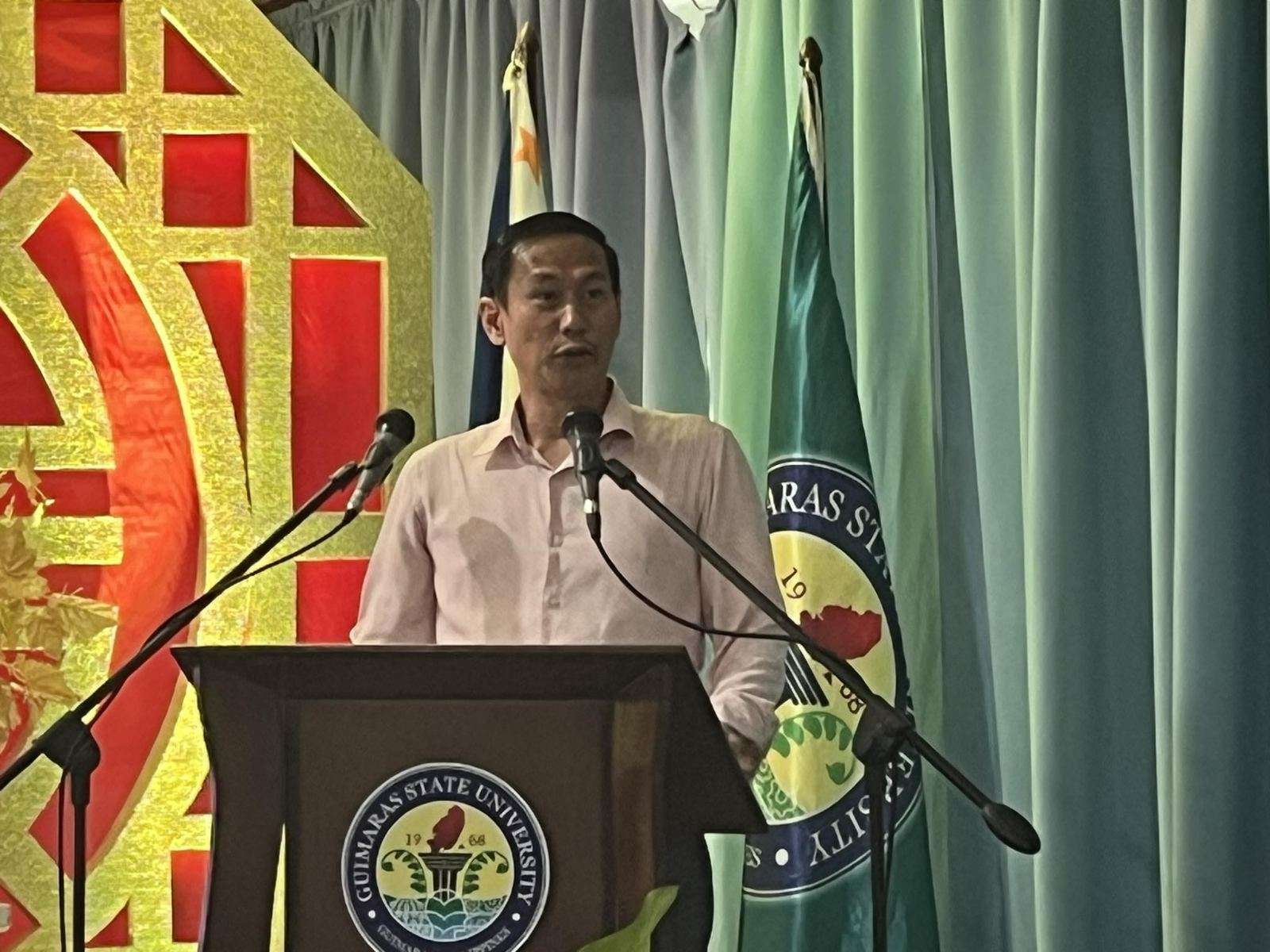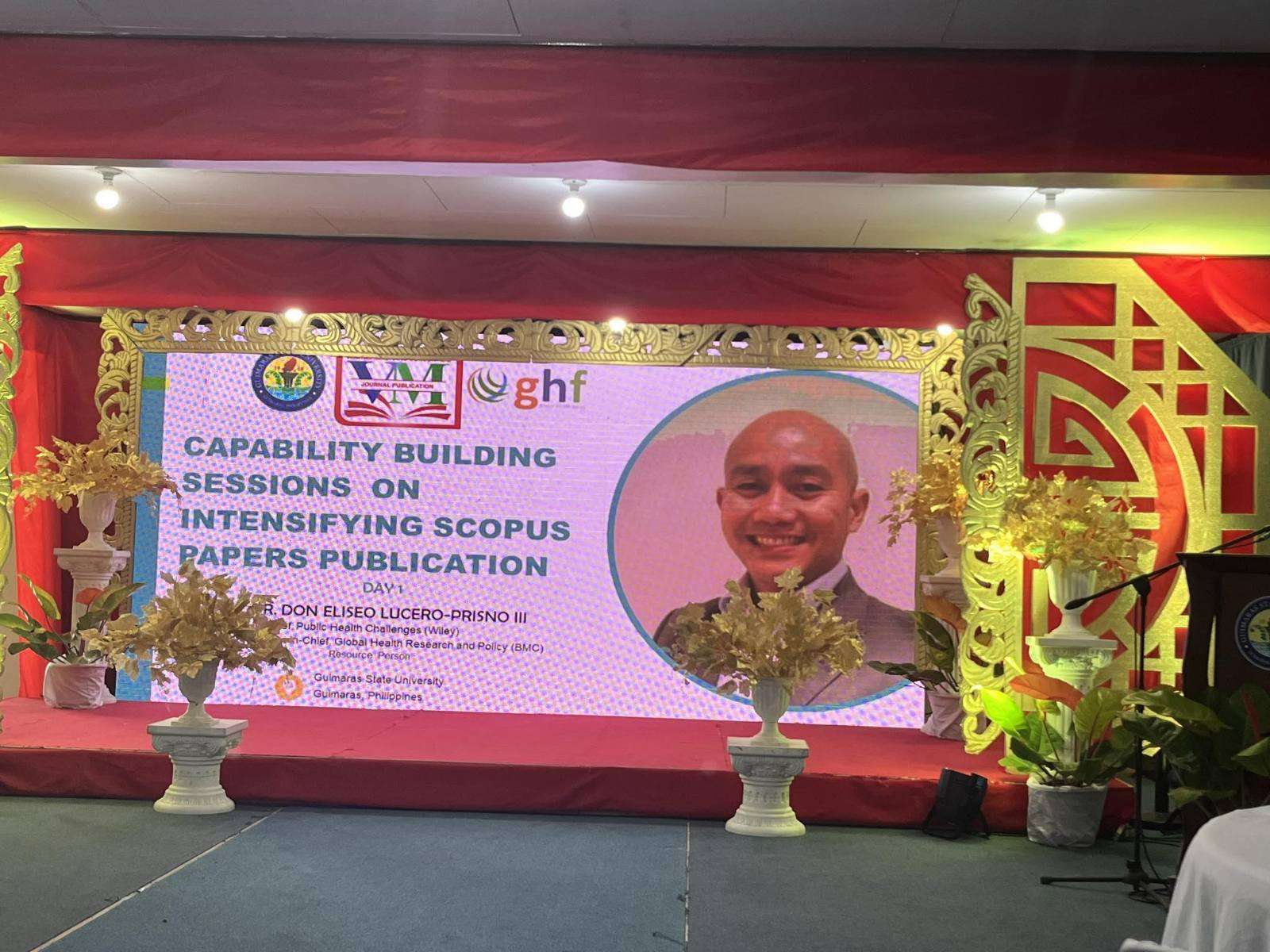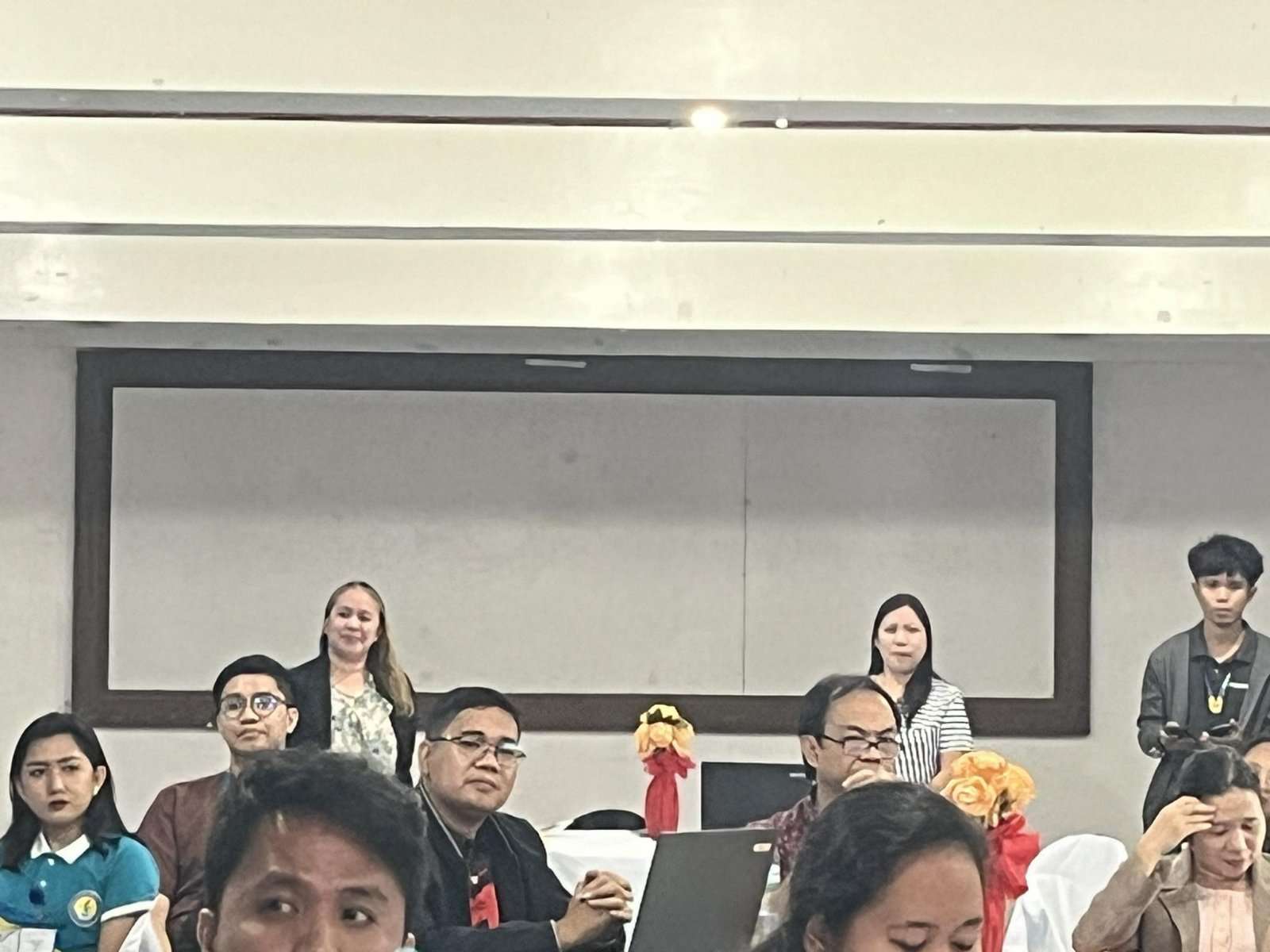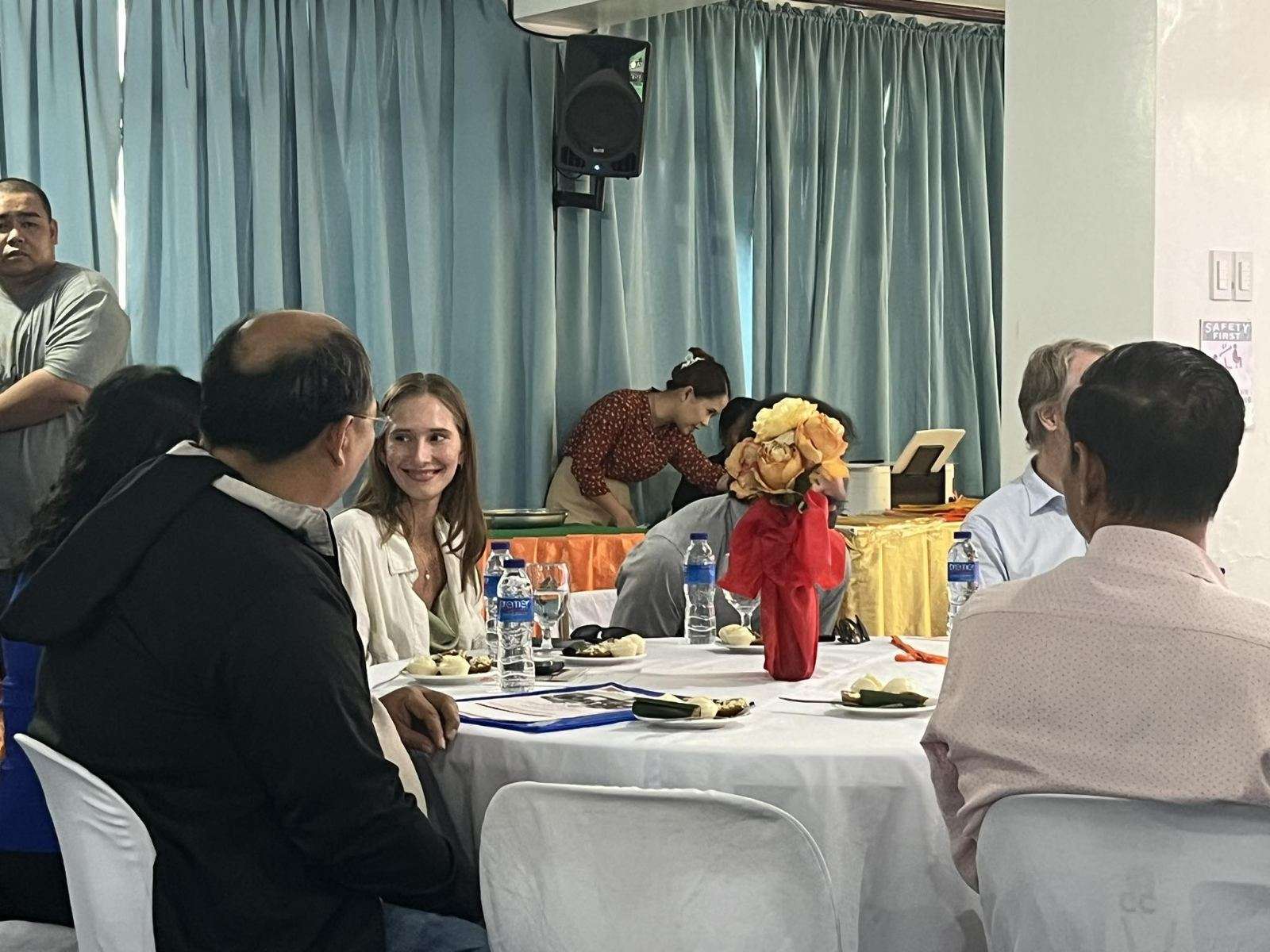(An inspirational anecdote from CNU President Daniel Ariaso’s message during the Visayas-Mindanao Consortium for Journal Publication on February 21-22, 2024)
In the crowded conference hall, one figure stood out, his passion obvious in every word he spoke. He lived by a creed that included research and development, publication, commercialization, and the protection of intellectual property rights.
Dr. Daniel Ariaso, leading the charge, ensured that his university sent the largest delegation to the consortium, emphasizing the significance of publication. His goals were lofty: 500 research papers per year, 400 of which would be published in prestigious Scopus-indexed journals. “We mean business,” he said, his tone leaving no question.
Driven by a vision of accessibility, he saw a future in which dissertations and theses might be translated into local dialects, guaranteeing that intellectual goods were accessible to all even the lowest in the society. “If it cannot be understood by the lowest level,” he said, “it is nothing.”
Drawing inspiration from his travels, he proposed to the consortium of a legislative bill of a mandatory appropriation for research and development, publication and commercialization in every SUC’s respective line – item budgets, similar to that of Taiwan and Singapore, where research is mandated as a proportion of GDP. “There must be a compelling reason,” he said, “for the national government to find the funds needed for our researchers.”
In a bold move at pursuing academic excellence, he underscored that faculty members, especially those holding Professor 1 to College or University Professor positions must continually engage in and maintain a rigorous research and publication outputs emphasizing the imperative nature of this mandate and highlighting the alignment of faculty evaluation processes even after they were granted such academic rank. The IPCR of faculty members shall be harmonized with the pertinent provisions of DBM-CHED JC No. 3, s. 2022 wherein the higher the academic rank the more research outputs or publications in Scopus or juried journals or commercialization of research outputs, the concerned faculty member must produce and be evaluated. By doing so, the performance of faculty members in instruction, research, extension, and production shall be directly linked to the performance management system, and accountabilities and obligations thereof shall be in accordance with applicable civil service laws and regulations.
In his opinion, failure to meet the core functions may result to unsatisfactory or poor performance ratings, which will be submitted to Strategic Performance Management System (SPMS), which he saw as a necessary consequence for advancement. “Innovate or evaporate,” he declared, mirroring the attitude of his institution, Cebu Normal University.
He rallied his audience at the end of his speech, rather than just inspiring them. He emphasized the value of togetherness and encouraged healthy discussions. “Together, stronger,” he said, exemplifying the collaborative spirit he hoped to foster within the consortium.








